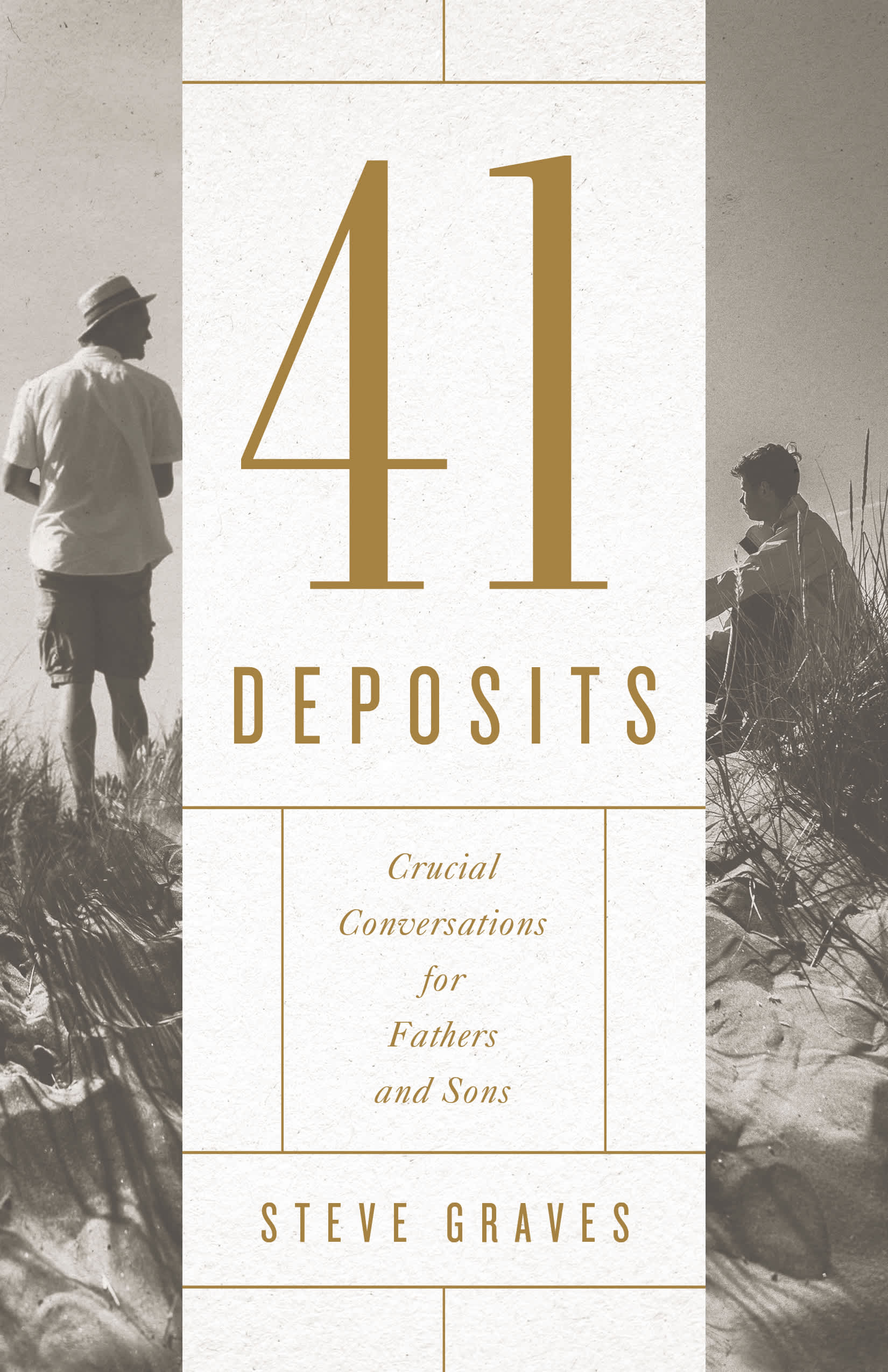Abraham Lincoln and Stephen Douglas squared off seven times in 1858 for formal debates when they were battling for a U.S. Senate seat in Illinois. During one of those debates, Douglas accused Lincoln of being "two-faced" on the issue of slavery. Without missing a beat, Lincoln famously replied, "I leave it to my audience: If I had two faces, would I be wearing this one?"
How many of us wouldn't change something about ourselves if we could? We'd love to be taller, shorter, thinner, stronger, smarter, more disciplined, better speakers, more talented singers, more athletic, or, well, whatever it is we aren't.
As an avid basketball player growing up, I dreamed of being six feet, four inches tall. God had other plans. I never made it beyond six feet; in fact, in recent years, I'm pretty sure I've been shrinking. Research, unfortunately, confirms that men can slowly lose an inch in height between the ages of thirty to seventy (it's even worse for women, who can lose two inches).
There are certain things in life we can influence, and other things we can't. We have certain personality types, certain physical body types, and certain natural talents, skills, and aptitudes. We can maximize our potential with what we're given, but we can't create realities that aren't available or change who we fundamentally are.
Lincoln, who lost the Senate seat to Douglas but was elected president two years later, had a sharp wit and a self-deprecating sense of humor that often revealed both his self-confidence and his self-awareness. He knew his strengths and weaknesses, and he was comfortable being himself. That's not always an easy balance to strike in our world, because our culture often promotes a false idea that accepting ourselves includes accepting and giving in to our sin nature or making excuses for our unhealthy or sinful choices.
Becoming settled and confident that you are a one-of-a-kind creation from the genius of God will anchor your life like few other things. It doesn't free you to change who you are or to justify living however you please; it frees you to discover God and all that He intends for you.
Steve Graves
Joe White, the long-time president of Kanakuk Kamps, is known for telling parents the single most important thing they can teach their children is to be anchored in healthy self-awareness. Why? A healthy self-awareness frames all of life. It even frames how we relate to God.
People who have accepted themselves usually have a healthy self-awareness. They've come to understand what Paul meant in Romans 12:3 when he wrote, "For by the grace given to me, I tell everyone among you not to think of himself more highly than he should think. Instead, think sensibly, as God has distributed a measure of faith to each one." They've come to understand what he meant in 2 Corinthians 10:12 as well, when he said we "lack understanding" if we compare ourselves with others. And they've come to understand what the psalmist meant when he praised God because he was "remarkably and wondrously made" by God (Ps. 139:14).
Such Scriptures help us discover a healthy self-awareness where we don't think too highly or too lowly of ourselves. Thinking too highly places us above God. Thinking too lowly puts us below humanity. Thinking too highly makes us think we don't ever make mistakes, nothing is ever our fault, and we have no need for God. Thinking too lowly tells us everything is our fault, that we are a failure, unlovable, and beyond God's forgiveness.
People who have accepted themselves usually don't spend an inordinate amount of time and energy trying to be someone else or find their self-worth in pleasing someone else. They are comfortable in their own skin, self-aware enough to see their flaws, and eager to improve without a desire to become someone they're aren't. Then they are freed to become the best version of the person God created them to be.
Excerpted with permission from 41 Deposits by Steve Graves. Copyright 2019, B&H Publishing Group.
41 Deposits by Steve Graves
41 Deposits shares the lessons Steve felt were important to him and his son so that other fathers and sons can learn and apply those lessons to their own lives and relationships. Regular, honest, uncut conversations about life, relationships, and work provided a unique opportunity to strengthen the integrity of their father-son relationship. Each chapter includes a story that drives home a specific deposit, followed by key insights to consider and questions to ask and answer. It's not a study guide or a one-size-fits-all program, but this very personal account of the investments Steve made with his son Kile provides a blueprint for other fathers who are on a similar journey.
Father's have a unique opportunity to invest and make deposits in the lives of their sons. 41 Deposits by Steve Graves looks at crucial conversations for fathers to have with their sons.


